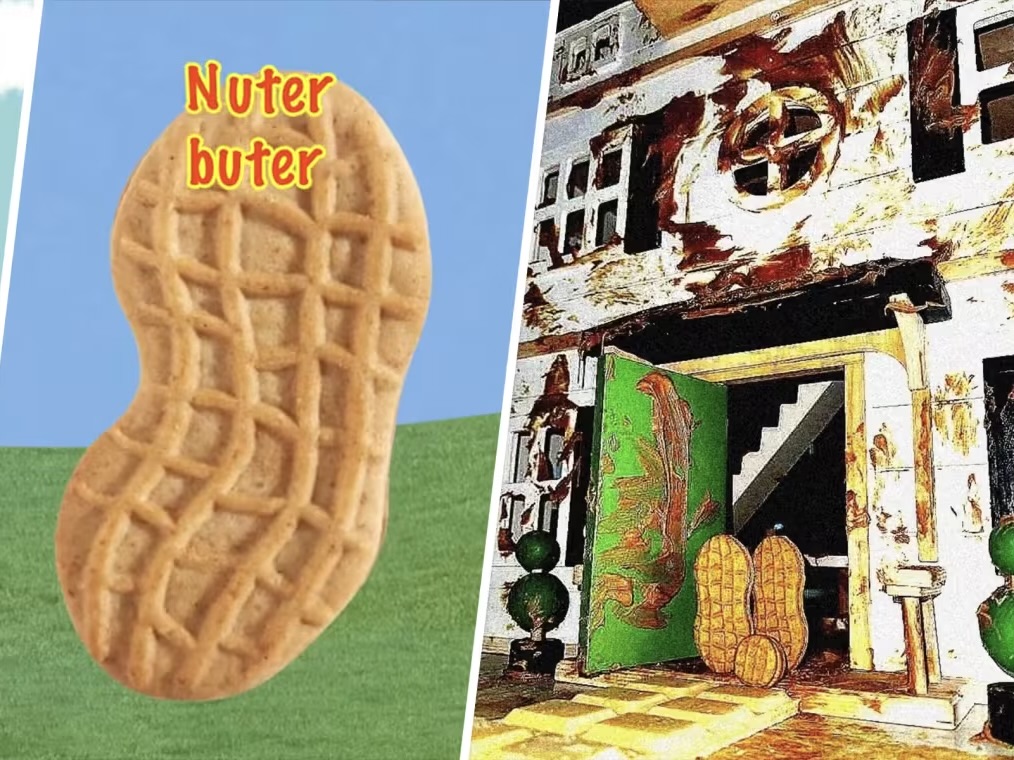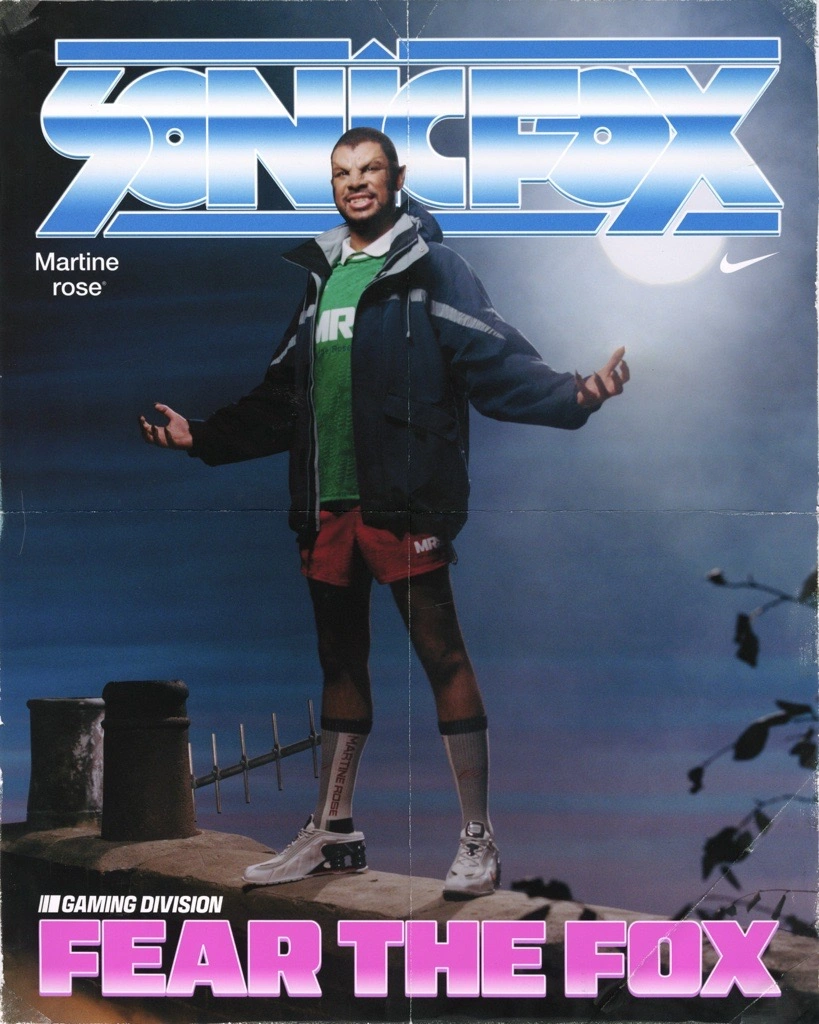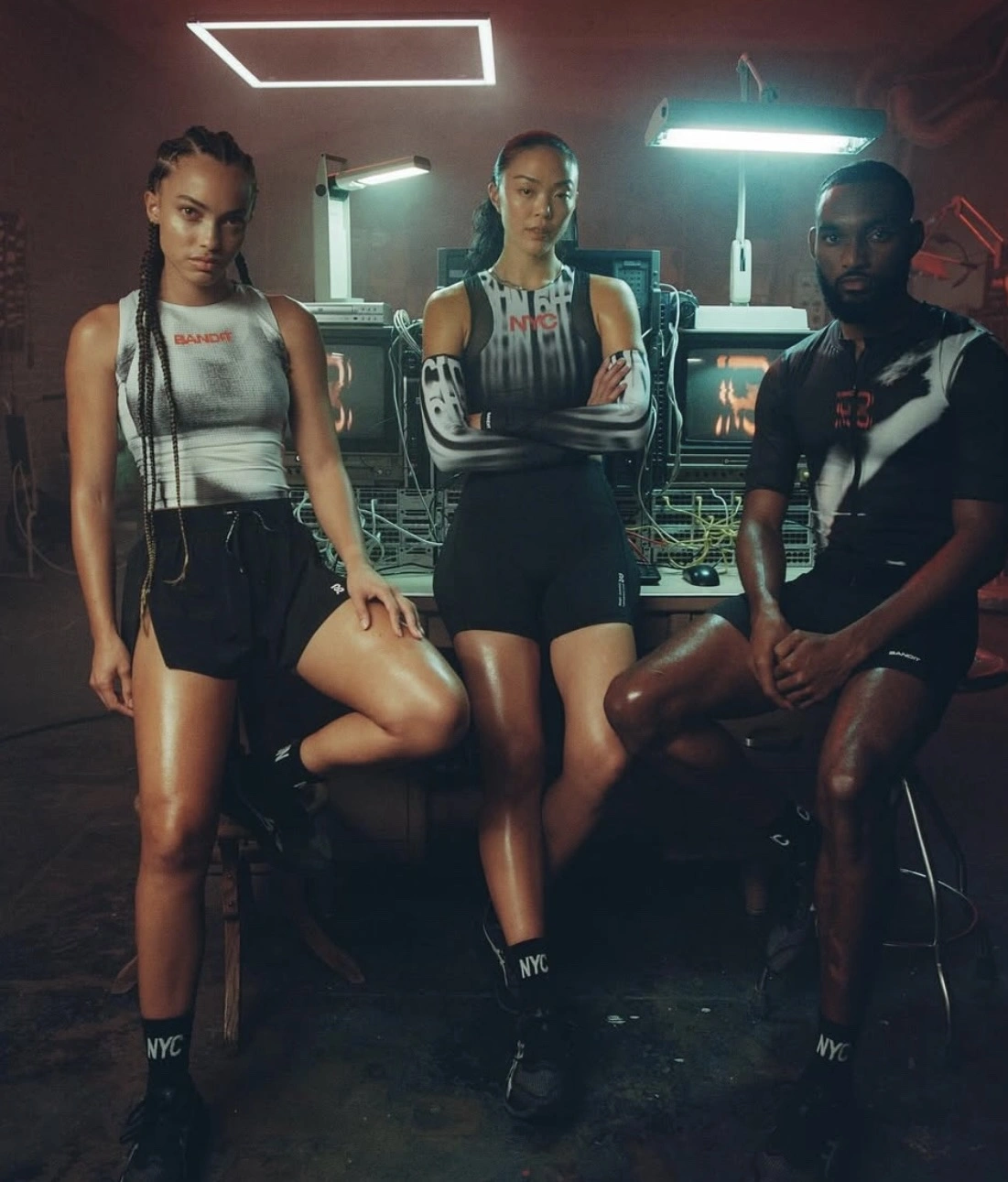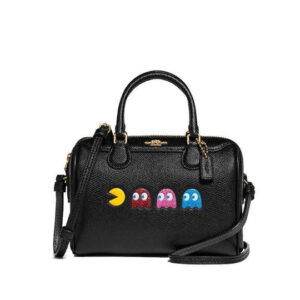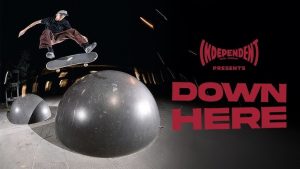In the ever-evolving world of social media, brands are no longer just selling products—they’re creating personalities, engaging in viral humor, and trying to carve out a niche in the chaotic world of internet culture. Nutter Butter, the iconic peanut-shaped cookie brand, has recently made waves on TikTok with its bizarre and often surreal content, contributing to a trend of companies embracing offbeat, meme-worthy social media strategies. These quirky videos have quickly captured attention, aligning Nutter Butter with a long tradition of chaotic brand presence that has dominated social media in recent years, particularly among fast-food chains.
Nutter Butter’s TikTok presence feels like an odd combination of absurdity, randomness, and sometimes unsettling humor. Their content often includes personified cookies in surreal scenarios, awkwardly funny commentary, and a seemingly “unhinged” brand voice that taps into the kind of off-kilter humor that resonates with TikTok’s younger user base. But Nutter Butter isn’t the first brand to go down this route. In fact, the rise of weird, chaotic, and humor-driven social media strategies can be traced back through a lineage of fast-food clapbacks and mascot humor that have become increasingly prevalent as brands seek to capture attention in a saturated market.
The Origins of Chaotic Brand Humor
The trend of brands using humor and absurdity to build social media presence can arguably be traced back to fast-food companies in the mid-2010s. Companies like Wendy’s and Burger King pioneered the art of the social media “clapback” on platforms like Twitter, where they quickly realized that snarky, irreverent responses to both customers and competitors could go viral and elevate their online persona. Wendy’s, in particular, became famous for its savage roasts, where it would take shots at rival chains like McDonald’s or humorously call out customers who challenged the quality of their food. This strategy, while unconventional for a corporate entity, worked spectacularly in generating engagement and brand awareness.
Soon, other fast-food chains followed suit. Burger King’s marketing team embraced absurd humor, most notably with their mascot, the “King,” who was often depicted in weird and unsettling situations, such as silently appearing in people’s homes or engaging in bizarre stunts. Taco Bell took a similar approach by leaning into internet meme culture, embracing the randomness and quirkiness that naturally appeals to younger generations. The result was a landscape where fast-food companies weren’t just competing over the best burgers or tacos—they were battling it out for the most attention-grabbing online presence.
This embrace of chaotic brand humor wasn’t limited to fast food. Across industries, companies began experimenting with creating irreverent or “weird” content, hoping to stand out in the noisy world of social media marketing. The logic behind this shift is simple: in a sea of brands trying to look polished and professional, it’s the ones that break the mold—those that feel more “human” or spontaneous—that capture viral attention. And nothing feels more human than being a little weird.
Enter Nutter Butter: A New Era of Absurdity
Nutter Butter’s TikTok presence seems to be an extension of this trend but pushes the envelope even further into the realm of the surreal. Unlike Wendy’s, which thrives on witty banter and clapbacks, or Burger King, which has embraced unsettling mascot humor, Nutter Butter’s content on TikTok is less about roasting competitors and more about creating an absurd, off-the-wall narrative that often doesn’t make logical sense—but that’s precisely the point.
Their TikToks frequently feature anthropomorphized cookies engaging in strange, disjointed conversations or participating in nonsensical activities. Sometimes the humor feels purposefully awkward, tapping into TikTok’s broader culture of randomness where content doesn’t always have to have a clear punchline. This strategy plays well on TikTok, a platform that has become synonymous with quirky, short-form videos that are designed to be consumed quickly, laughed at, and then scrolled past.
For instance, one TikTok might show a cookie character engaging in an outlandish scenario with no real explanation, while another might feature a bizarre voiceover that feels more like an inside joke than a traditional advertisement. This type of content taps into Gen Z’s love for irony, randomness, and content that doesn’t take itself too seriously. In this way, Nutter Butter’s TikToks aren’t trying to sell you on the cookie itself; they’re trying to sell you on the experience of engaging with a brand that feels “in the know” about internet culture.
The rise of brands like Nutter Butter embracing chaotic humor on social media begs the question: Why are companies so eager to dive into weird, unhinged content? The answer lies in the rapidly changing landscape of consumer behavior, particularly among younger audiences. For Gen Z and Millennials, traditional advertising often feels inauthentic or overly corporate. They’ve grown up in an era where they are bombarded with ads on every platform, and as a result, they’re highly adept at tuning them out.
However, content that feels unpredictable, humorous, or deeply tied to internet culture breaks through that wall of indifference. When a brand posts something funny, weird, or meme-worthy, it feels more like an organic part of the social media experience, rather than an intrusive ad. This type of content also invites interaction—whether it’s through comments, shares, or duets (on TikTok)—allowing brands to build a sense of community and engagement that traditional ads simply can’t match.
Furthermore, this approach aligns perfectly with TikTok’s algorithm, which rewards content that garners quick engagement. If a bizarre Nutter Butter TikTok prompts users to comment, share, or create their own duets, it’s far more likely to be promoted by TikTok’s algorithm, increasing the brand’s visibility. Essentially, the weirder the content, the more likely it is to go viral.
While chaotic and absurd brand humor can certainly lead to viral success, it’s not without its risks. For every successful brand like Wendy’s or Nutter Butter, there are countless others that have tried and failed to capture that same magic, sometimes resulting in backlash or confusion among their audience.
One key risk is the potential for a brand’s humor to fall flat or feel forced. Authenticity is crucial in today’s social media environment, and audiences are quick to call out content that feels too manufactured or disconnected from the brand’s identity. If a brand suddenly tries to jump on the chaotic humor bandwagon without fully understanding the nuances of internet culture, it can come off as cringeworthy or out of touch.
Additionally, there’s the risk that brands could lose their core identity in the pursuit of viral fame. For Nutter Butter, leaning into surreal TikTok content is a bold move, but it runs the risk of overshadowing the actual product. While the chaotic humor works on TikTok, there’s a fine line between building a quirky brand persona and completely distancing the brand from its core product—cookies. The question remains: Will people remember the content, but forget the cookies?
Nutter Butter’s weird TikToks are the latest chapter in a long history of brands using humor, absurdity, and chaos to make a splash in the crowded world of social media. By leaning into the randomness of TikTok culture, Nutter Butter has tapped into a growing trend where brands move away from traditional advertising methods and embrace the wild, unpredictable nature of internet humor.
However, as more brands adopt this strategy, the challenge will be maintaining authenticity and ensuring that the humor enhances, rather than detracts from, the brand’s identity. Nutter Butter’s TikToks work because they are weird in a way that feels organic and aligned with TikTok’s unique content style, but as more companies attempt to emulate this formula, the risk of oversaturation becomes real.
For now, though, Nutter Butter’s chaotic TikTok presence is a testament to how far brand marketing has come—from polished corporate messaging to bizarre, meme-driven content that seeks to engage users in unexpected ways. Whether it’s fast-food clapbacks, unsettling mascots, or cookies engaging in absurd conversations, one thing is clear: the future of brand humor is anything but ordinary.
https://www.tiktok.com/t/ZP88YbHdr/
No comments yet.

